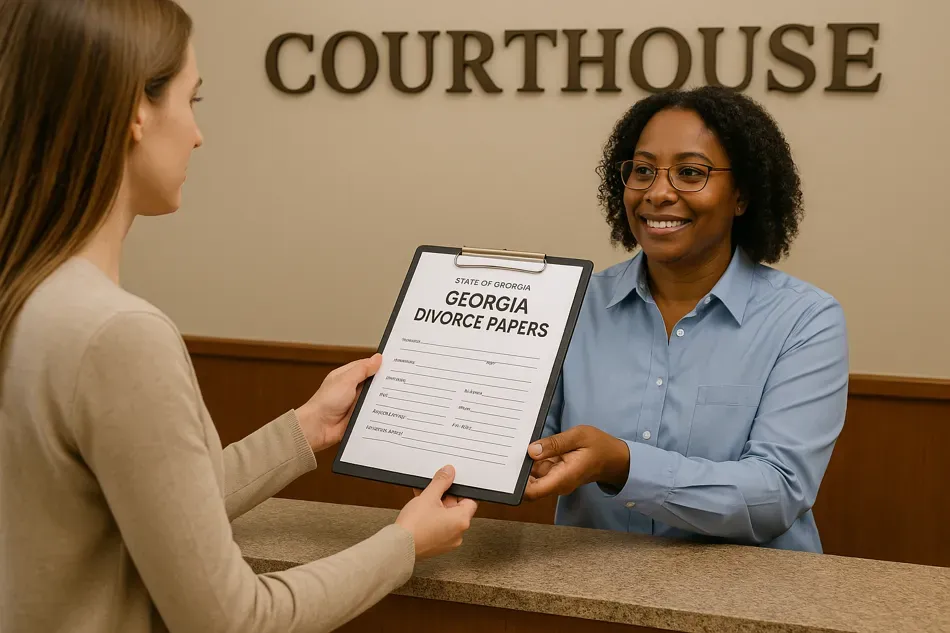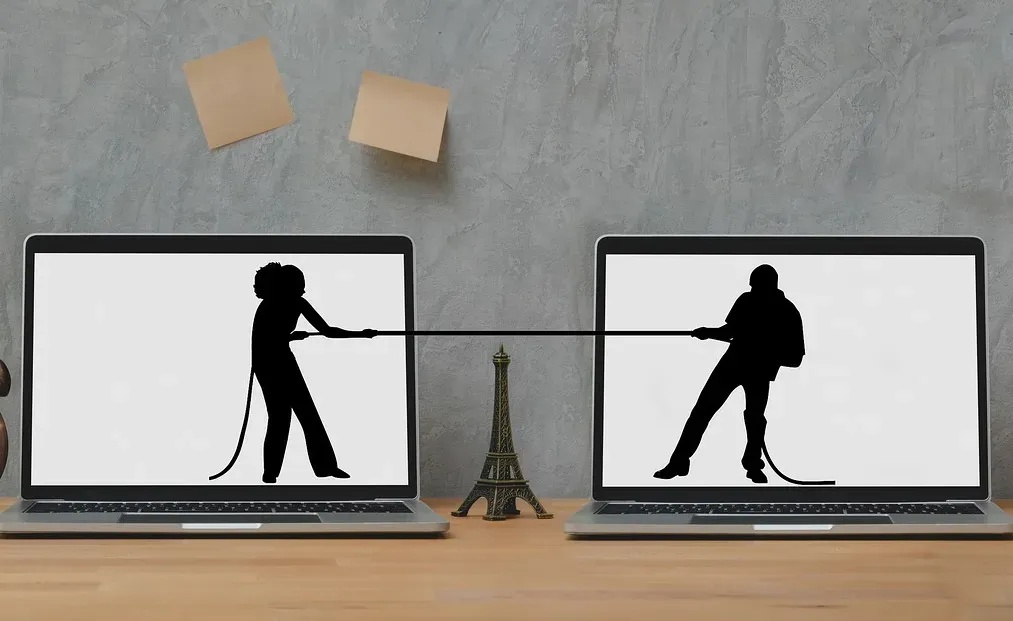Practice Areas
Blog Categories
Personal Injury Case Checklist
Personal injury cases are often complex.
Most of the time, the reasoning behind the complexities lies in the fact that there are so many factors to consider in the case — from the circumstances of when and where the injury occured, what damages were caused as a result, and whether or not there were witnesses and/or supporting evidence to the event.
Those are just some of the reasons why you need a trusted personal injury firm. At the Fairell Firm, our Atlanta personal injury lawyers are there from the start to help you navigate the ins and outs of your case.
Starting with the discovery process, our Atlanta PI firm works with you to gain a better understanding of your situation, your interests, and what a fair resolution would be.
But before you start, it’s important that you know how the process works. In this blog, we’ll provide a few tips and even a handy checklist to help you build your case and get the compensation you deserve.
In the event of a personal injury that left you disabled or impaired through no fault of your own, contact the PI team at The Fairell Firm to see how we can help.
Georgia Personal Injury Laws
Because we operate in the state of Georgia, it’s important that we start by educating you on the basics of personal injury law in our area.
One of the first things to consider after an accident or personal injury event, particularly one that occurred through no fault of your own, is the fact that there is a statute of limitations in place for these types of cases.
In Georgia, the statute of limitations for an injury to person is two years — meaning that is the maximum amount of time that can pass between when the injury occurred and when a claim can be filed.
This makes some cases tricky, particularly when the extent or effects of the injury aren’t immediately known.
But with proper documentation and evidence, personal injury cases still find successful resolutions.
Now that we know the laws a little better, let’s dive into a checklist of things you need to accomplish when establishing a personal injury claim.
Step 1: Police Reports
This is the first, and one of the most important, steps to take after an accident. Whether it’s a vehicle accident, a slip-and-fall, a work injury, or something else altogether, it’s imperative that you file a police report.
This helps establish who was at fault in the accident as supported by initial statements, witnesses, and other evidence.
Step 2: Medical Documentation
Most personal injury cases involve, well, physical injury. In cases such as these medical records can play a crucial factor in getting a fair resolution and potentially even financial compensation from the case.
Be sure that you bring all of the requisite medical records (including hospital bills and other medical expenses) when meeting with your personal injury attorney.
Step 3: Evaluating Damages
The next step is working with your PI lawyer to determine what damages occurred as a result of the incident. As we stated above, many personal injury cases involve some sort of physical injury, but that doesn’t always have to be the case.
Personal injury cases can also lead to damages such as:
- Emotional distress
- Lost wages
- Therapy expenses
- Loss in quality of life
Step 4: Discovery
The gathering of witnesses, photo evidence, and other relevant information is another focal point in any personal injury case. It’s important that you get contact information for witnesses and gather any other piece of evidence — legally — that might be able to help your case.
Step 5: Work With Your Attorney
Your personal injury lawyer will help you through every step of the process, from filing the proper documents to filing motions to negotiating a fair settlement.
If you need help with your case, contact our Atlanta personal law firm today.







